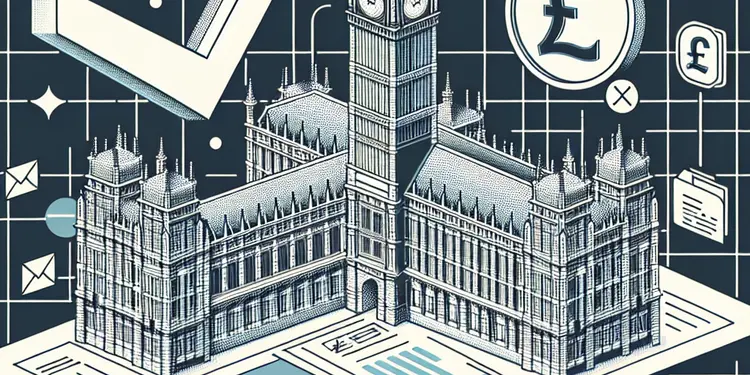
Find Help
More Items From Ergsy search
-
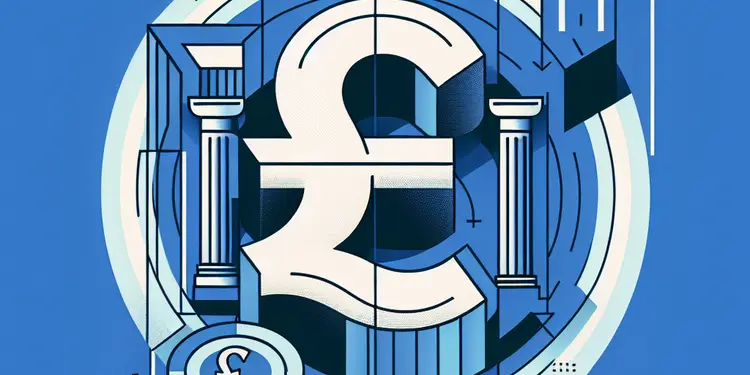
Will my council send a refund check if I overpay?
Relevance: 100%
-
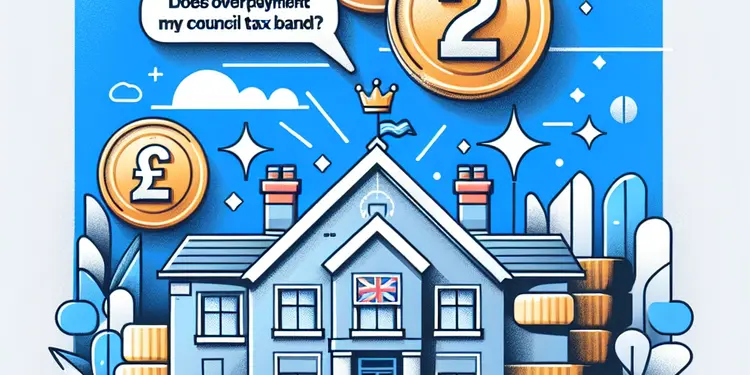
Does overpayment affect my Council Tax band?
Relevance: 95%
-
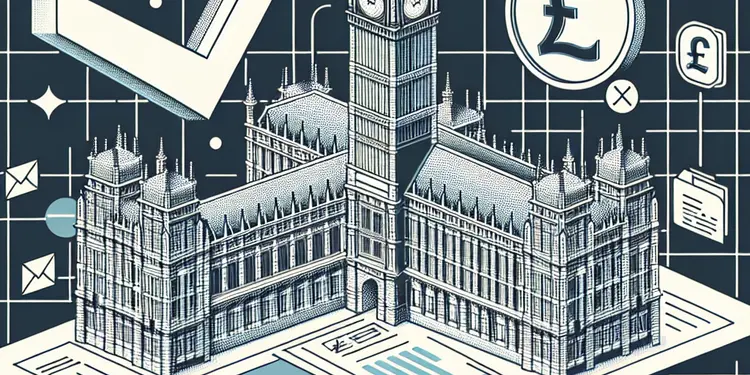
What details are needed to check for overpayments through my council?
Relevance: 92%
-

How do can I find out if I have overpaid my UK Council Tax?
Relevance: 69%
-
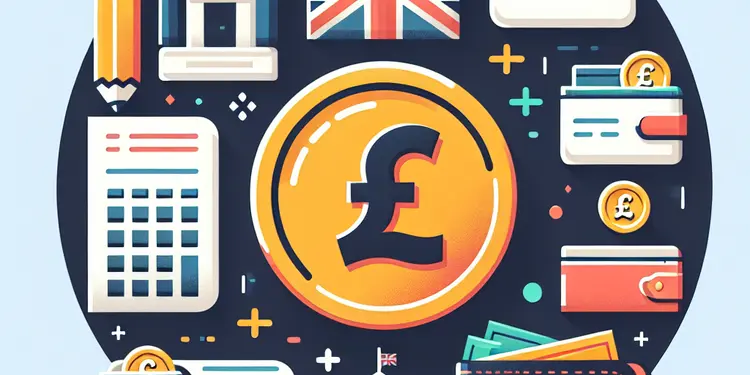
Are refunds for overpaid Council Tax taxable?
Relevance: 69%
-

Is there a time limit for claiming a refund on overpaid Council Tax?
Relevance: 65%
-
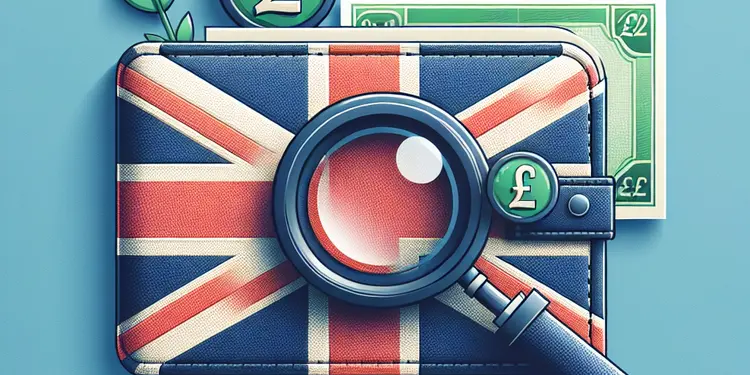
What information do I need to check for overpayments?
Relevance: 60%
-
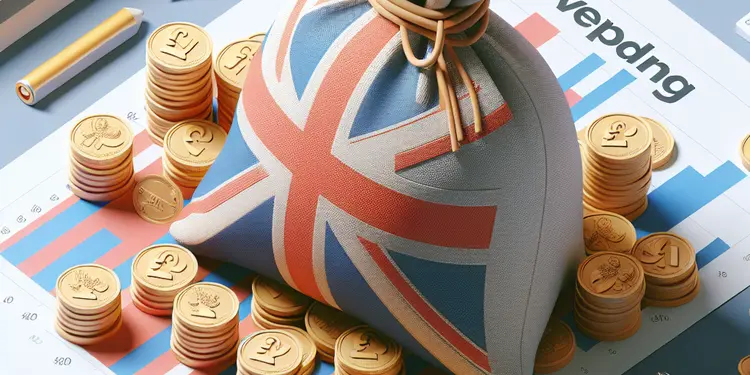
What should I do if I discover an overpayment?
Relevance: 57%
-

Are there any automated notifications for overpayments?
Relevance: 57%
-
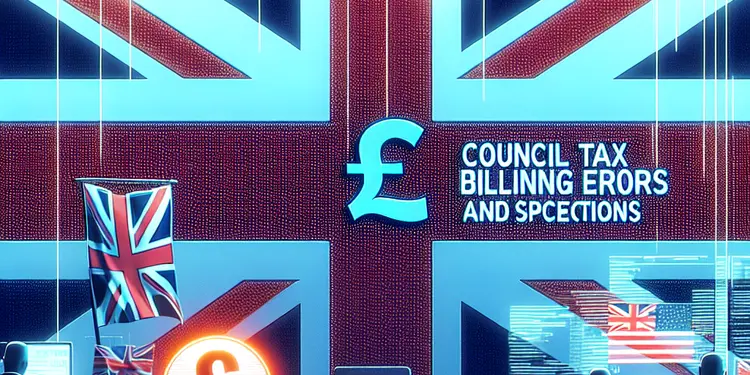
What should I do if I suspect an error in my Council Tax billing?
Relevance: 56%
-
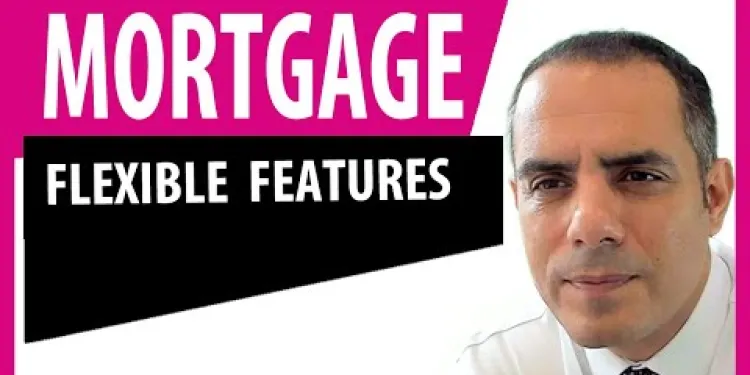
Mortgage Overpayment and Flexible Features Explained
Relevance: 55%
-
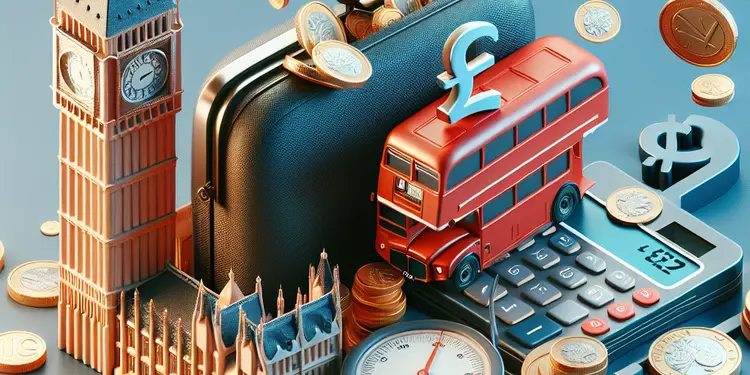
Can overpayments occur due to discounts or exemptions?
Relevance: 53%
-
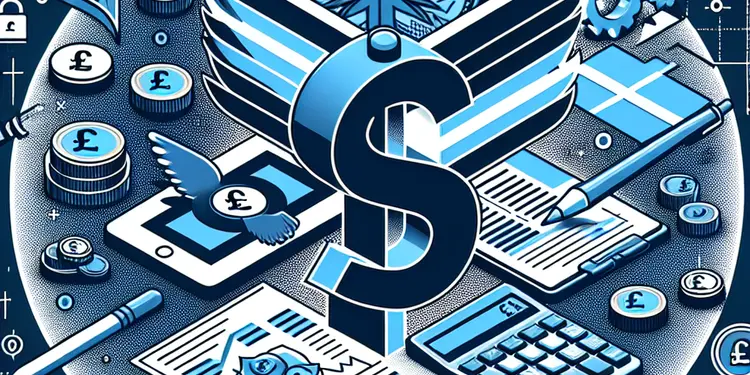
Could my payment plan affect how overpayments are handled?
Relevance: 52%
-
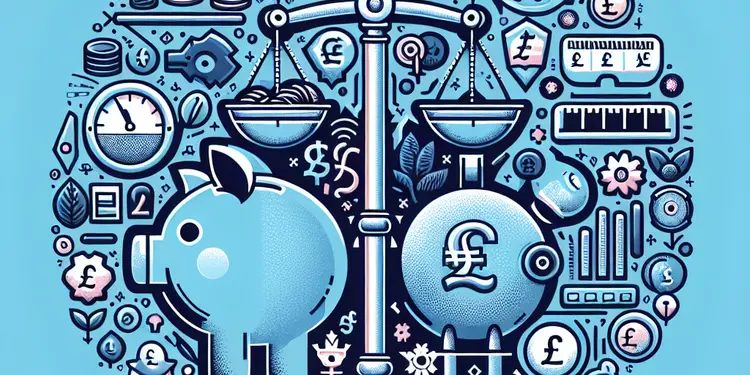
What is the best way to ensure I don't overpay again in the future?
Relevance: 48%
-
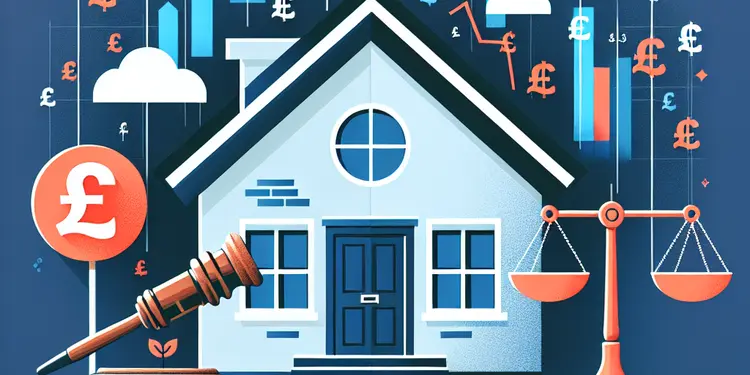
What could cause an overpayment in Council Tax?
Relevance: 45%
-
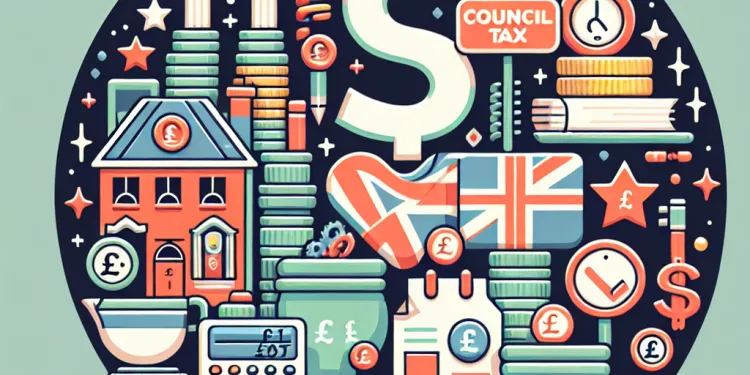
How does council tax relate to wealth in the UK?
Relevance: 44%
-
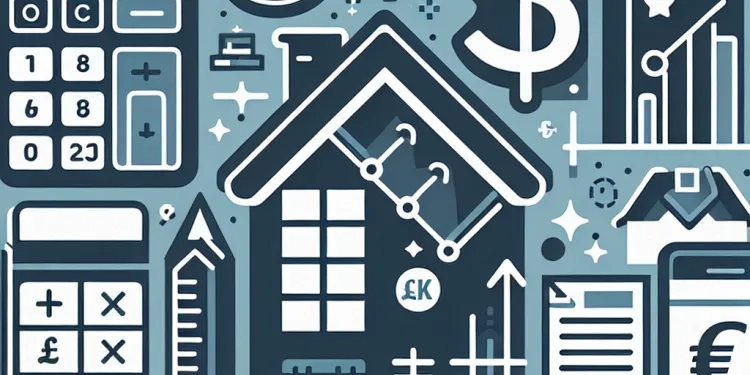
How do I know if I have overpaid my Council Tax?
Relevance: 43%
-
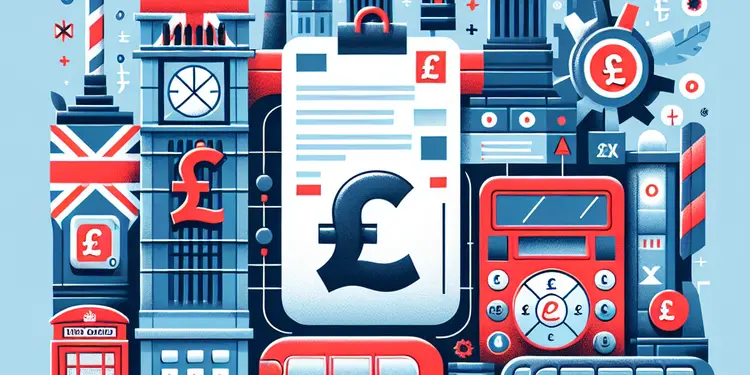
Where can I get a copy of my Council Tax bill?
Relevance: 43%
-
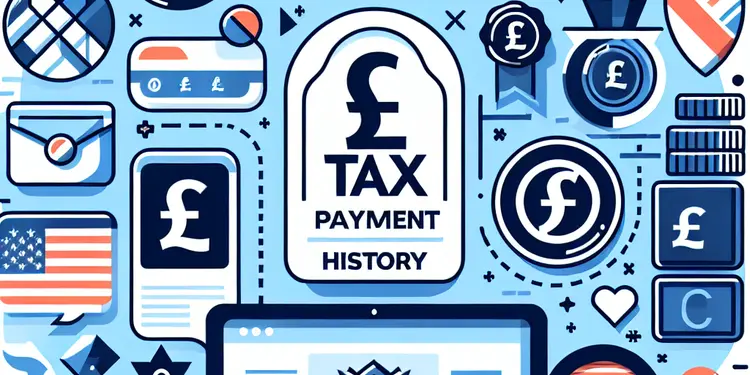
Can I access my Council Tax payment history online?
Relevance: 43%
-

Can moving homes cause a Council Tax overpayment?
Relevance: 42%
-

Local Councils Struggle with Increasing Demand for Welfare Support
Relevance: 42%
-

Why are council burial fees going up nearly 50% in the UK?
Relevance: 41%
-
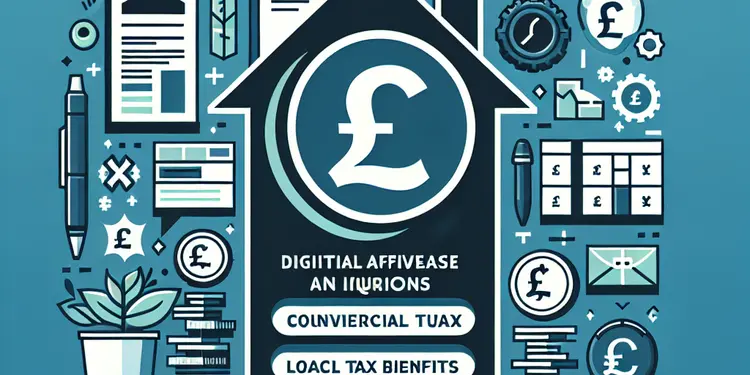
Citizens Advice Bureau Sees Spike in Queries Related to Council Tax Benefits
Relevance: 39%
-
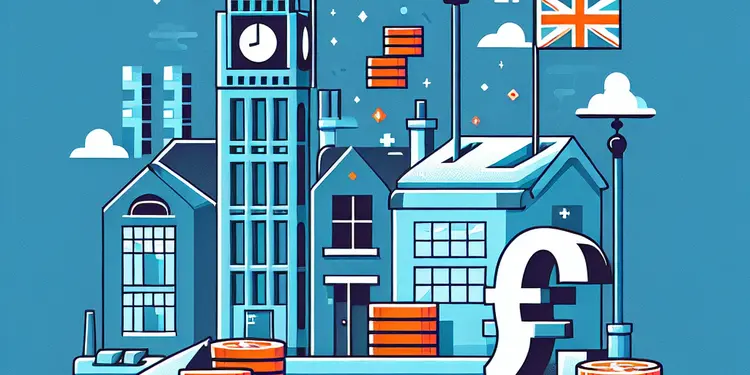
How can I dispute a Council Tax charge?
Relevance: 38%
-

What British Council Scholarships/Bursaries may be available to help me with the education costs of my child?
Relevance: 38%
-
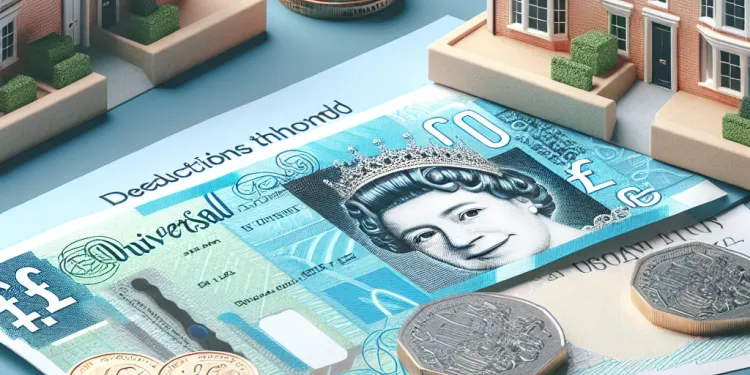
Are there any deductions from Universal Credit?
Relevance: 31%
-
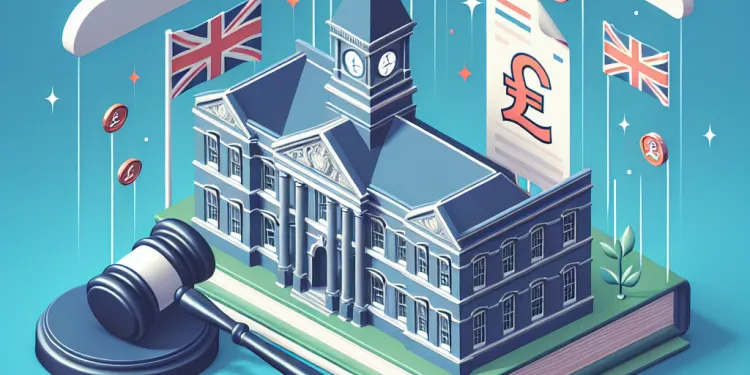
What role do local councils play under the new law?
Relevance: 28%
-
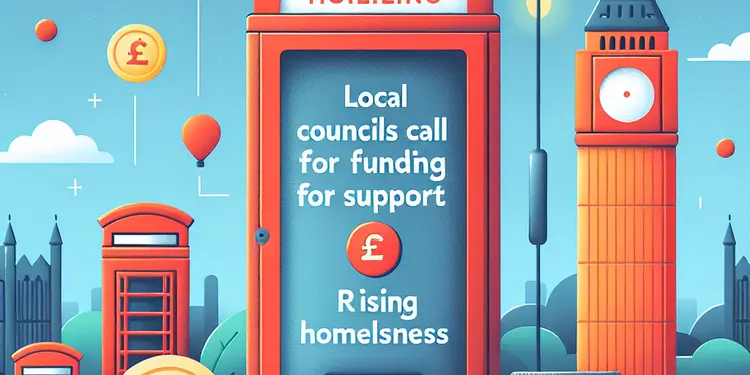
Local Councils Call for More Funding to Support Rising Homelessness
Relevance: 28%
-
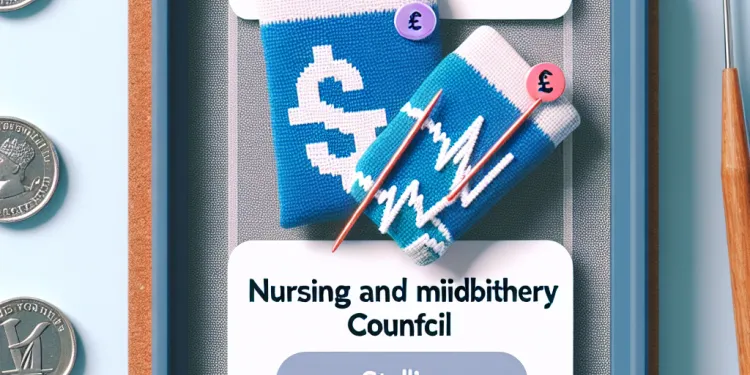
Do I need to be registered with the Nursing and Midwifery Council (NMC) to work as an NHS nurse?
Relevance: 27%
-
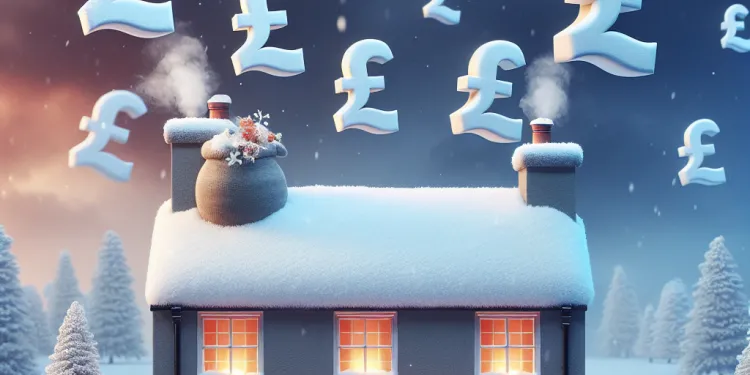
What happens if I receive more than one Winter Fuel Payment?
Relevance: 26%
-
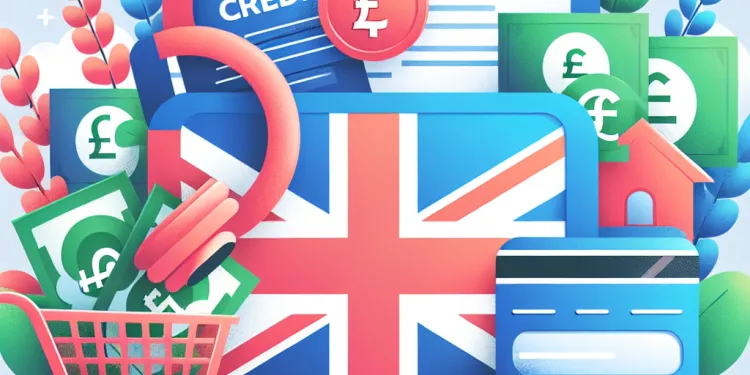
How is Universal Credit paid?
Relevance: 24%
-
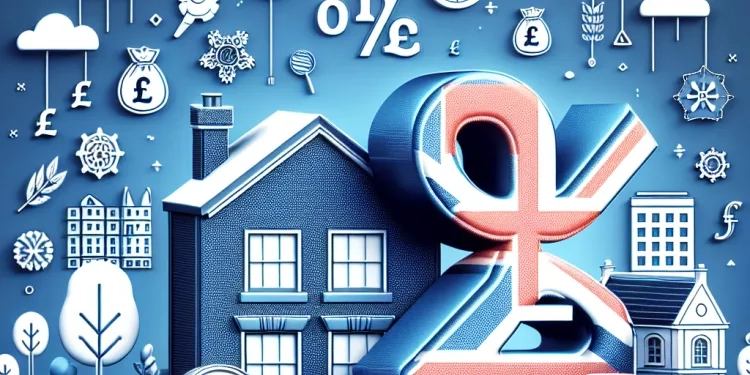
If I overpay on my mortgage, how will interest rate changes affect this?
Relevance: 22%
-
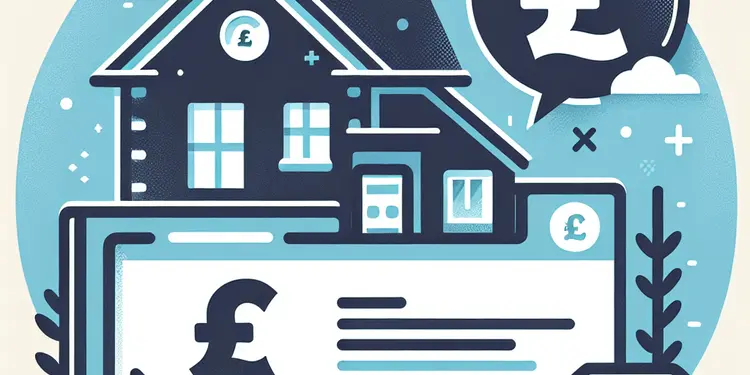
How often should I review my Council Tax statements?
Relevance: 20%
-

Why did I receive a tax refund letter from HMRC?
Relevance: 18%
-
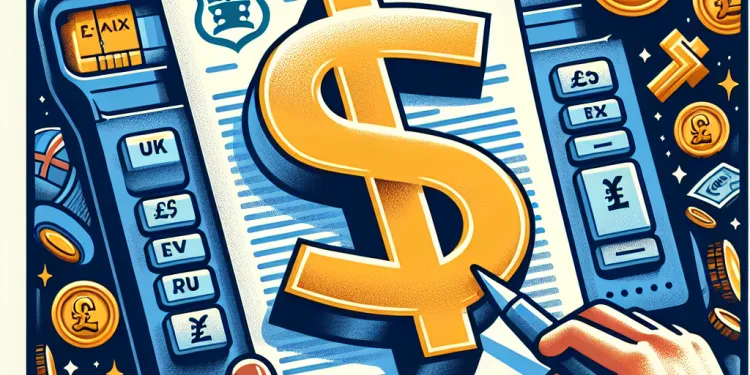
What is an HMRC tax refund letter?
Relevance: 17%
-

What is a public health funeral?
Relevance: 17%
-

How does the payment affect students' financial aid packages?
Relevance: 17%
-
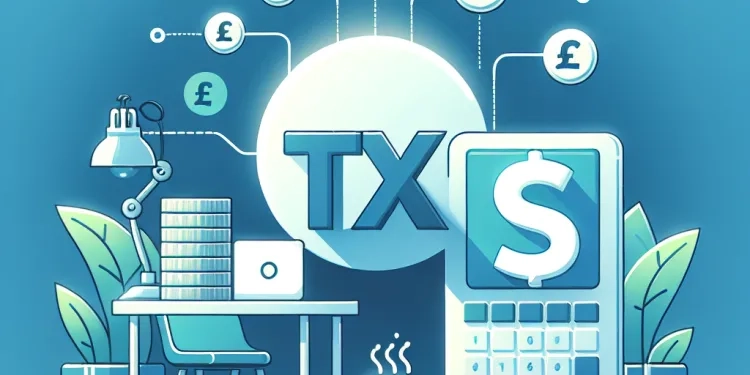
HMRC Tax Refund letters
Relevance: 15%
-

What is a P800 form and how does it relate to my tax refund?
Relevance: 15%
-
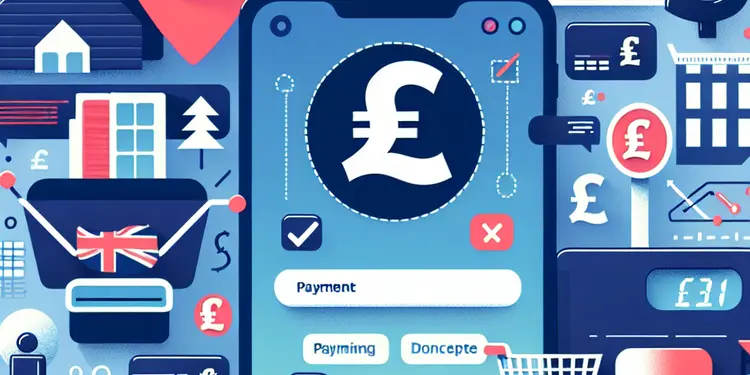
What is a payment on account?
Relevance: 15%
Introduction to Council Overpayments
Overpayments by your local council can occur for various reasons, such as changes in your personal circumstances, errors in benefit calculations, or administrative mistakes. Ensuring that you are not overpaying requires detailed attention and a proactive approach. This guide highlights the key details needed to check for overpayments through your council.
Gathering Necessary Personal Information
The first step in checking for council overpayments is gathering your personal information. This includes your full name, address, National Insurance number, and any benefit or council reference numbers. Having this information readily available will facilitate a smoother verification process.
Reviewing Payment Statements
To identify any potential overpayments, closely examine your payment statements from the council. These statements should include amounts received, dates of payment, and the purpose of each payment. Compare these details with your own records to ensure consistency and accuracy.
Cross-Referencing Bank Statements
Next, cross-reference these payment details with your bank statements. Bank statements will provide a clear record of when funds were deposited into your account. This can help you identify any discrepancies between what was issued by the council and what was actually received.
Understanding Changes in Circumstances
Overpayments often occur due to changes in your circumstances, such as income, employment status, or living arrangements. Document any such changes and the dates they occurred. This information is crucial in verifying whether your benefits or payments have been adjusted appropriately in response to these changes.
Contacting the Council
If you suspect an overpayment has occurred, contact your local council as soon as possible. Provide them with all relevant information, including all references and any discrepancies you have found. The council's customer service team can help assess whether an overpayment has occurred and determine the next steps.
Documenting All Correspondence
Keep a record of all communications with the council, including phone calls, emails, and written correspondence. This documentation will be valuable if you need to resolve any disputes or provide evidence of previous notifications regarding changes in circumstances.
Utilizing Online Portals
Many councils offer online portals to manage your account and access information about your payments and benefits. Utilize these portals to regularly check for discrepancies and ensure your details are up to date. They can also provide a quick overview of your payment history.
Conclusion
By collecting the necessary personal details, reviewing payment histories, and actively communicating with your council, you can effectively check and avoid overpayments. Regular monitoring and keeping abreast of your circumstances will ensure compliance and avoid any financial misunderstandings.
What is a Council Overpayment?
Sometimes people pay too much money to the council by mistake. This can happen if your situation changes, if there is a mistake with your benefits, or if there is a clerical error. This guide will help you check if you have paid too much.
Get Your Information Ready
The first thing you need to do is gather your personal information. You will need your full name, address, National Insurance number, and any council numbers you have. Having these ready will help you check things more easily.
Check Your Payment Letters
Look at the letters or emails from the council about your payments. Check how much money you got, when you got it, and why you got it. Look at your own notes to see if everything matches.
Compare with Your Bank Statements
Look at your bank statements to see when money came into your account. This will help you see if what the council said matches what actually happened.
Know Your Changing Situation
If things like your job or where you live have changed, write them down. This will help you understand if the council needs to change the amount of money they give you.
Talk to the Council
If you think you might have paid too much, tell your local council quickly. Give them all the details and the mistakes you noticed. They can help you sort things out.
Keep Records of Talking with the Council
Write down notes of every time you talk to the council, like phone calls, emails, and letters. This will be helpful if you need to show proof later.
Use Online Portals
Lots of councils have websites where you can see your payments and details. Use these websites to check for mistakes and make sure your details are correct.
Conclusion
By having your details ready, checking your payments, and talking to the council, you can make sure you don't pay too much. Keep checking your situation and details to avoid any problems.
Frequently Asked Questions
What information do I need to check for overpayments with my council?
You typically need your council account number, your personal details, and any relevant payment confirmation receipts.
Can I check for overpayments without my account number?
It is usually necessary to have your account number, but some councils may allow alternative identification methods such as using personal details or addresses.
Do I need to provide payment receipts to check for overpayments?
While not always required, having payment receipts can help verify payments and identify overpayments.
Is it required to have online access to check for council overpayments?
Online access can make it easier, but you might also contact the council via phone or in-person visits to check for overpayments.
How does my address help in checking for overpayments?
Your address can help verify your account information and payments related to your property.
Can overpayments be checked through a third-party service?
Some third-party services may assist, but it's best to check directly with your council for the most accurate information.
What should I do if I suspect an overpayment on my council account?
Gather relevant documentation such as payment receipts and contact your council to discuss your account details.
What details are required if someone else needs to check overpayments on my behalf?
They would typically need authorization, your account number, and possibly additional personal information to verify their identity.
Can I use my national insurance number to check for council overpayments?
Generally, councils require more specific account information rather than national insurance numbers.
What personal information is needed to verify my identity for checking overpayments?
Personal information such as full name, address, and date of birth may be required for verification.
Is my bank account information necessary for checking overpayments?
Bank account information is not typically required for checking overpayments, but it is crucial for any refunds.
What online resources are available for checking council overpayments?
Your council's website may have a portal where you can log in and view your payment history and any overpayments.
How long does it take to verify overpayments once I provide the necessary details?
The time frame can vary; some councils may provide immediate access online, while others may take a few days to process requests.
Are there any fees associated with checking for overpayments?
Most councils do not charge fees for checking account statuses or overpayments, but check directly with your council.
What should I do if I cannot find my council account number?
Contact your council directly; they may assist by verifying your identity with other details such as your address or name.
Is it possible to be notified about overpayments automatically?
Some councils offer notification services for changes in account status, but you should check out their services for specifics.
Can overpayments be handled via mobile apps?
If your council has a mobile app, you may be able to view payment information and overpayments through it.
How often should I check my council account for overpayments?
It's a good idea to review your account periodically, especially after making significant payments or changes to your services.
What happens if I don't identify an overpayment in time?
Policies vary, but some councils may have a time limit for claiming refunds, so timely verification is recommended.
What can I do if my council claims there is no overpayment but my records show otherwise?
Provide all relevant documentation and request a detailed account statement from the council for further verification.
What do I need to know to check if I paid my council too much money?
You need some important things:
- Your council account number.
- Your personal details like your name and address.
- Any payment confirmation slips or receipts you have.
Here are some things that can help:
- Ask someone you trust for help if you are stuck.
- Use a highlighter to mark the important bits.
- Take your time and read it slowly.
Can I find out if I paid too much money without my account number?
To do this, you usually need your account number. But some councils might let you use other things like your name or address instead.
Do I have to show payment slips to check if I paid too much?
You do not always need payment receipts, but they can help you. Receipts show proof of payment and help find any extra money paid by mistake.
Do I need the internet to see if the council paid me too much?
To check if the council gave you extra money, you might need to use the internet. If you don't have the internet, ask someone to help. You can also call the council and ask them.
Going online can help you do this. But you can also call the council on the phone or go see them to find out if you paid too much.
How can my address help check if I paid too much money?
Your address helps check who you are and manage money things about your home.
Can someone else help check if I paid too much?
There are some outside services that might help you. But the best thing to do is to contact your local council. They will have the most correct information.
What to do if you think the council gave you too much money?
If you think the council paid you too much by mistake, let them know right away. You can call, email, or visit their office.
You could ask someone you trust to help you if you find it hard to talk to the council.
Using a calculator might help you work out the right amount of money and compare it with what you got.
You could write down all the money amounts to help you keep track.
Get all the papers you need, like payment slips. Then, talk to your council to check your account details.
What do I need if someone else helps me check overpayments?
If someone else is going to help you check overpayments, they need some information from you.
Here is what they will need:
- Your full name
- Your address
- Your account or ID number
- Any documents about the overpayment
Let the person know it is okay to help you. You can say this in a letter or a form.
If you find this hard, you can ask for support. You might use tools like a voice recorder or ask someone you trust for help.
They usually need a special permission, your account number, and maybe some extra personal details to make sure you are who you say you are.
Can I use my national insurance number to see if I paid the council too much?
If you want to know if you gave the council too much money, you can use your national insurance number.
Here are some tips to help you:
- Ask someone you trust to help you read letters from the council.
- Write down important numbers and dates.
- Use a calculator to check your payments.
- If you are not sure, talk to someone at the council.
Most of the time, councils want detailed account information, not national insurance numbers.
What information do I need to prove who I am for checking extra payments?
You might need to give some important personal details. This can include your full name, where you live, and when you were born. This helps to check who you are.
Do I need to use my bank account details to check if I was paid too much?
It helps to use simple words and short sentences. You can ask someone to help if you're not sure. Use tools like picture cards or reading apps to make understanding easier.
You usually don't need to share your bank account details to check payments. But you do need them if you want a refund.
Where can you check if the council paid you too much money online?
Sometimes, the council might give you too much money by mistake. If this happens, they might ask for the money back. You can use the internet to see if you got extra money from the council. This means you won't get a surprise later.
There are online tools and websites that can help you check this. You can search on the council's official website for any tools they provide. You might also find other helpful websites by looking them up on a search engine like Google.
You can ask a friend or family member to help you use these online tools. There might also be phone numbers on the council's website if you want to call them and ask questions.
Your council's website might have a special place where you can sign in. There, you can see all the payments you have made and if you have paid too much by mistake.
How long will it take to check overpayments after I give the needed information?
If you give us all the important details, we will check everything as soon as we can.
Here are some tools to help you:
- Ask a helper if you need support.
- Use a calendar to keep track of time.
- Tell someone if you don’t understand something.
The time it takes can be different. Some councils let you see it online right away. Other councils might take a few days to get your request ready.
Do you have to pay money to find out if you paid too much?
- Sometimes, it costs money to check if you paid too much. - Here are some tips to help you: - Ask if there is a fee before checking. - Use free online tools to help you check.Most places where you live don't make you pay to check your money or if you paid too much. But, it's good to ask your local council if they do.
What to Do If You Can't Find Your Council Account Number
If you can't find your council account number, don't worry. Here are some easy steps you can follow:
1. **Look at Letters:** Check any letters from your council. Your account number is often on these.
2. **Ask for Help:** Call or email your council. They can help you find your number.
3. **Log in Online:** If you have an online account, try logging in. Your account number might be there.
4. **Ask Family or Friends:** Sometimes, other people can help you look.
If reading is hard, try using reading tools or apps that can read out loud. They can help you understand better!
Contact your council directly. They can help check who you are using your address or name.
Can I get a message if I pay too much money?
It can be hard to know if you pay too much. You can use special tools to help. Here are some tips:
- Use apps that watch your money.
- Ask your bank if they can send you alerts.
- Check your bank accounts regularly.
These tips can help you know if you pay too much.
Some local councils can tell you if there are changes to your account.
You should ask your council what services they have.
Can you fix paying too much with a phone app?
If your local council has an app you can use on your phone, you might be able to see your payment information and if there are any overpayments with it.
How often should I look at my council account for extra payments?
You might pay too much money by mistake.
Look at your council account often to check.
Try to check your account every month.
If you need help, ask a friend or use a calculator.
It's a good idea to check your account from time to time, especially after you have made big payments or changed your services.
What if I don't notice I was paid too much money on time?
Rules can be different in each area. Some places might have a time limit for asking for money back, so it's good to check things quickly.
What should I do if the council says there is no extra payment, but my notes say there is?
If you think there is an extra payment:
- Look at your notes carefully. Check dates and amounts.
- Talk to someone who can help, like a family member or friend.
- Call or write to the council. Tell them what you found.
- Keep copies of everything you send or get from the council.
- You can ask for a meeting to talk about it.
Tools that can help:
- Use a calendar to track payments.
- Try using a calculator to check your sums.
- Use colored pens or highlighters to mark important bits.
Ask for all important papers and a detailed list of what the council has done. This will help you check everything properly.
Useful Links
This website offers general information and is not a substitute for professional advice.
Always seek guidance from qualified professionals.
If you have any medical concerns or need urgent help, contact a healthcare professional or emergency services immediately.
- Ergsy carfully checks the information in the videos we provide here.
- Videos shown by Youtube after a video has completed, have NOT been reviewed by ERGSY.
- To view, click the arrow in centre of video.
- Most of the videos you find here will have subtitles and/or closed captions available.
- You may need to turn these on, and choose your preferred language.
- Go to the video you'd like to watch.
- If closed captions (CC) are available, settings will be visible on the bottom right of the video player.
- To turn on Captions, click settings .
- To turn off Captions, click settings again.
More Items From Ergsy search
-

Will my council send a refund check if I overpay?
Relevance: 100%
-

Does overpayment affect my Council Tax band?
Relevance: 95%
-

What details are needed to check for overpayments through my council?
Relevance: 92%
-

How do can I find out if I have overpaid my UK Council Tax?
Relevance: 69%
-

Are refunds for overpaid Council Tax taxable?
Relevance: 69%
-

Is there a time limit for claiming a refund on overpaid Council Tax?
Relevance: 65%
-

What information do I need to check for overpayments?
Relevance: 60%
-

What should I do if I discover an overpayment?
Relevance: 57%
-

Are there any automated notifications for overpayments?
Relevance: 57%
-

What should I do if I suspect an error in my Council Tax billing?
Relevance: 56%
-

Mortgage Overpayment and Flexible Features Explained
Relevance: 55%
-

Can overpayments occur due to discounts or exemptions?
Relevance: 53%
-

Could my payment plan affect how overpayments are handled?
Relevance: 52%
-

What is the best way to ensure I don't overpay again in the future?
Relevance: 48%
-

What could cause an overpayment in Council Tax?
Relevance: 45%
-

How does council tax relate to wealth in the UK?
Relevance: 44%
-

How do I know if I have overpaid my Council Tax?
Relevance: 43%
-

Where can I get a copy of my Council Tax bill?
Relevance: 43%
-

Can I access my Council Tax payment history online?
Relevance: 43%
-

Can moving homes cause a Council Tax overpayment?
Relevance: 42%
-

Local Councils Struggle with Increasing Demand for Welfare Support
Relevance: 42%
-

Why are council burial fees going up nearly 50% in the UK?
Relevance: 41%
-

Citizens Advice Bureau Sees Spike in Queries Related to Council Tax Benefits
Relevance: 39%
-

How can I dispute a Council Tax charge?
Relevance: 38%
-

What British Council Scholarships/Bursaries may be available to help me with the education costs of my child?
Relevance: 38%
-

Are there any deductions from Universal Credit?
Relevance: 31%
-

What role do local councils play under the new law?
Relevance: 28%
-

Local Councils Call for More Funding to Support Rising Homelessness
Relevance: 28%
-

Do I need to be registered with the Nursing and Midwifery Council (NMC) to work as an NHS nurse?
Relevance: 27%
-

What happens if I receive more than one Winter Fuel Payment?
Relevance: 26%
-

How is Universal Credit paid?
Relevance: 24%
-

If I overpay on my mortgage, how will interest rate changes affect this?
Relevance: 22%
-

How often should I review my Council Tax statements?
Relevance: 20%
-

Why did I receive a tax refund letter from HMRC?
Relevance: 18%
-

What is an HMRC tax refund letter?
Relevance: 17%
-

What is a public health funeral?
Relevance: 17%
-

How does the payment affect students' financial aid packages?
Relevance: 17%
-

HMRC Tax Refund letters
Relevance: 15%
-

What is a P800 form and how does it relate to my tax refund?
Relevance: 15%
-

What is a payment on account?
Relevance: 15%


